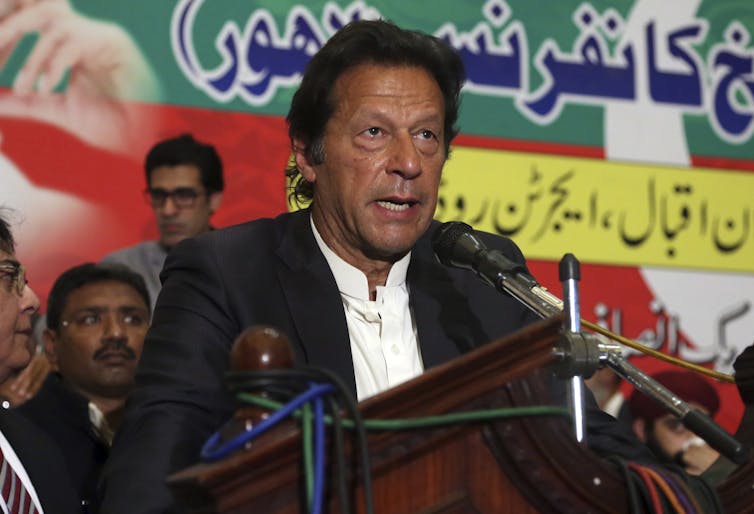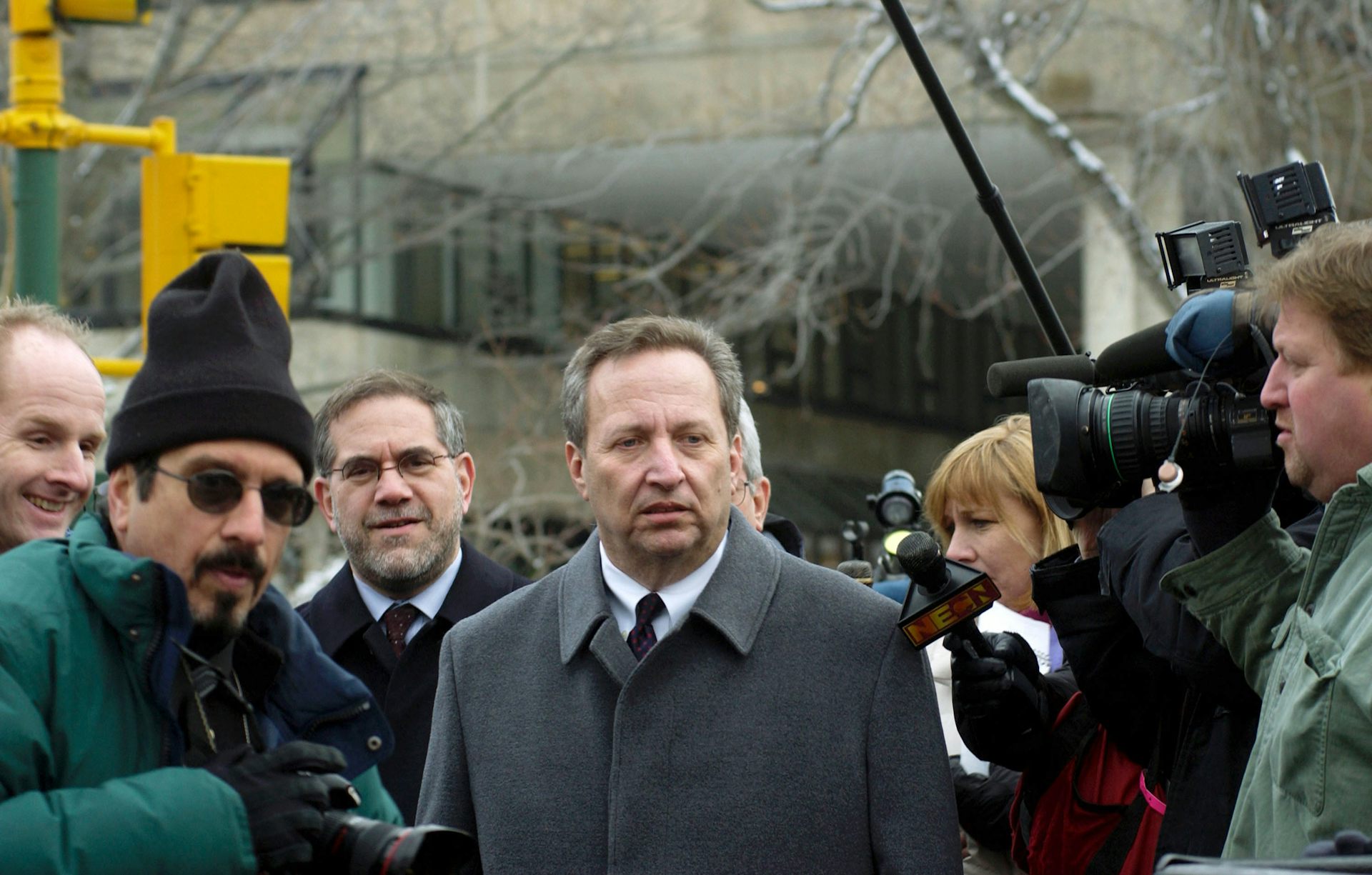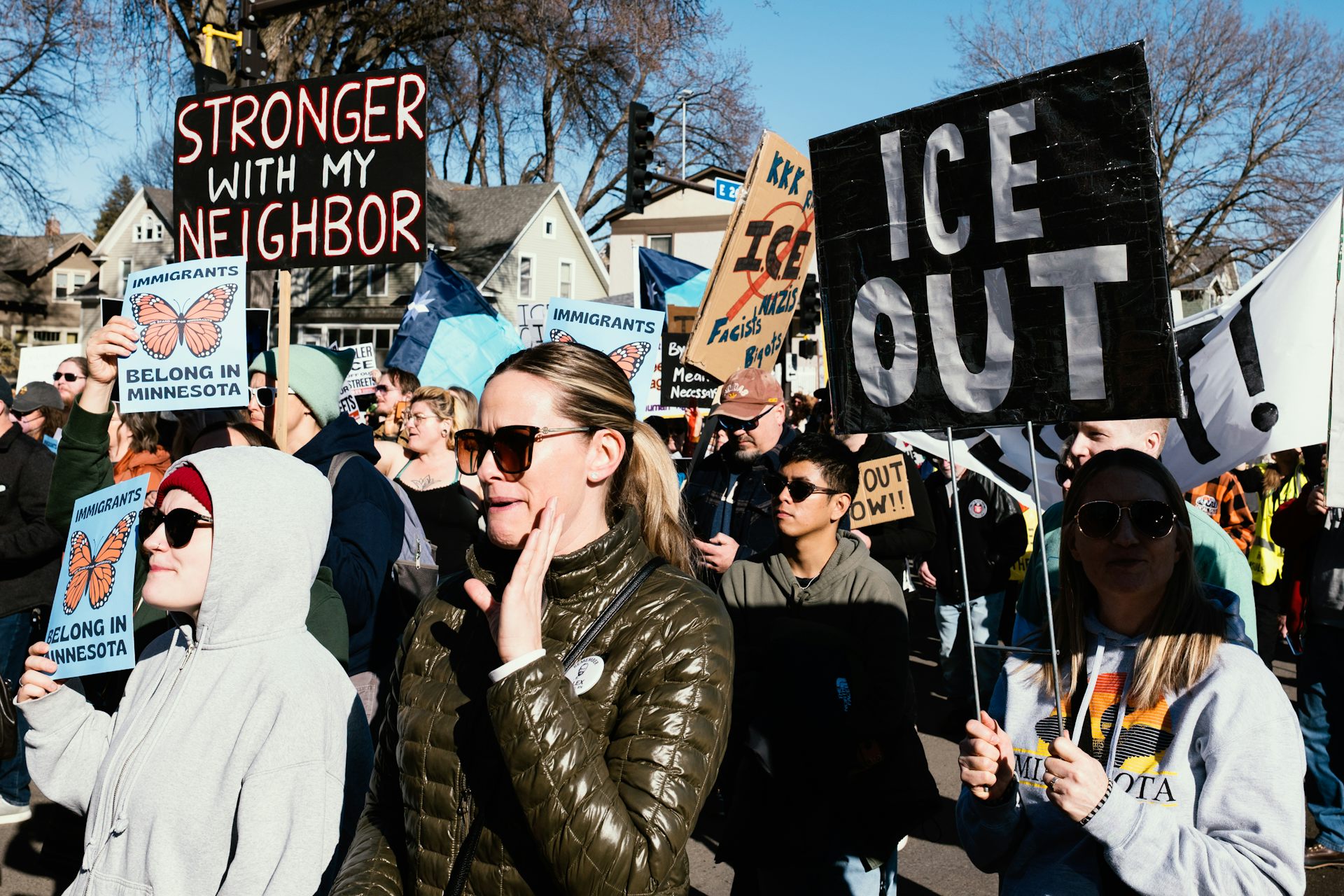Pakistan's activist Supreme Court endangers a fragile democracy
It's election season in Pakistan, and the Supreme Court is at war with the ruling party. Many Pakistanis wonder whether the nation's top judge is cleaning up government or staging a judicial coup.
Pakistanis head to the polls to elect their next prime minister in July. Until then, though, the Supreme Court seems to be in charge of the country.
In July 2017, revelations from the Panama Papers leak spurred Pakistan’s high court to rule that then-Prime Minister Nawaz Sharif had lied to the public about his family finances. Sharif, who maintained his innocence, was forced to resign as prime minister.
However, he continued to lead his Pakistan Muslim League-Nawaz party, or PML-N, effectively controlling Pakistan’s government. Then, in February 2018, the Supreme Court also removed him as party chairman.
Because Sharif was not “honest” or “righteous,” Chief Justice of Pakistan Saqib Nisar additionally ruled, all “orders passed, directions given and documents issued” under his leadership were officially declared null.
Sharif and his supporters accuse Pakistan’s chief justice of interfering in politics and swaying the upcoming election. As a Pakistani political scientist, I fear they may be right.
Judicial overreach
Military coups used to be the biggest risk to Pakistani democracy. Thanks to coup d'etats in 1958, 1977 and 1999, my country has spent 33 years of its 71-year history under military rule.
To a people rightfully fearful of interference in their political system, then, the Supreme Court’s recent actions are alarming. By discrediting some politicians while seemingly overlooking corrupt public officials from other parties, the judiciary is effectively influencing the outcome of July’s election.
How do a nation’s top judges – people sworn to defend the Constitution – become a threat to democracy? That’s the focus of my research on judicial independence in Pakistan.
In Pakistan, as in other former British colonies, the Supreme Court has the power to take what’s called “suo motu” action. That means judges can rule on issues of their own volition, without any motion or complaint filed in court.
For instance, Chief Justice Nisar recently ordered a hearing on the rape and murder of a young child in Lahore, because closing that case quickly was deemed to be in the public interest.
As it happens, in recent years he has also removed the prime minister from public office twice, conducted surprise inspections at government hospitals, lambasted the media for commenting on open cases and ordered investigations into police violence.
Such sweeping authority creates a clash of institutions between the judiciary and other branches of government. Such competition can be detrimental to democracy. My research in several countries has found that when supreme court justices venture into political affairs, they create conflict with lawmakers and heads of state.
It is unsurprising, then, that Chief Justice Nisar’s suo motu cases over the past few months have outraged many Pakistani politicians, who say the justice is guilty of judicial overreach.
Nisar responds that he is simply following the law, adding that the “courts are not the enemies of the government.”
Sharif takes his case to the ‘people’s court’
But to some, Nisar’s timing – the lead-up to a big national election – is suspicious. So, too, is his selection of suo motu hearings: The overwhelming majority of political cases added to the Supreme Court’s docket since 2015 have focused on Sharif’s party.
The toppled prime minister, for his part, claims that he is the victim of a “judicial coup.” At rallies across Pakistan, Sharif tells his supporters that since he cannot run for re-election this fall, he must ask them, the “people’s court,” to vote for his PML-N party.
The Supreme Court has already removed one PML-N senator, and two of its ministers are under investigation for alleged contempt of court. Sharif and the PLM-N leadership cite these cases as evidence that the party is under judicial attack.

In targeting Sharif and his party, Justice Nisar has allowed the ousted prime minister to paint themselves as the underdogs, even though the party is still in power. This has strengthened the PML-N’s position ahead of the upcoming election. Currently, it is polling above its closest rivals by about eight points.
Sharif also remains the most popular leader in the country, according to recent surveys.
Chief justice or general?
Suggestions that the Pakistani military was behind Sharif’s 2017 ouster have bolstered the former prime minister’s claim of victimhood.
Credible analysts assert that the prime minister challenged Pakistan’s generals’ authority when he was in power by taking relatively noncombative approach to neighboring India and Afghanistan. Normally, the Pakistani military – whose power is so enduring that Pakistanis often call it simply the “establishment” – directs regional security.
Sharif also butted heads with Pakistan’s armed forces during his 1997-1999 administration, ultimately leading to his overthrow by the military in 1999.
Since coups are no longer acceptable in Pakistan, the logic goes, this time the generals used legal action to remove Sharif.
Judicial overreach abroad
Pakistan is not the only place questioning the limits of judicial intervention in the democratic process.
Bangladeshi courts used their suo motu powers to prosecute and sideline a main opposition leader prior to elections in both 2008 and 2009.
In Brazil, Judge Sergio Moro faced accusations of staging a judicial coup in January when he convicted former President Luiz Inácio Lula da Silva of corruption, likely disqualifying him from this year’s presidential election.
Brazilian courts don’t have suo motu power. But judges there have used the judicial discretion of their civil law system to dramatically expand the scope of a nationwide bribery inquiry. Upwards of 100 congressmen and senators are now under judicial investigation.
Judges in the United States, too, have the power expand the scope of a petition to the court. A classic example is the 2010 Supreme Court case Citizens United. Nominally, the nine justices were supposed to rule on what constituted political advertising. Instead, they issued a much broader verdict on free speech and corporate money in elections.
In those countries, as in Pakistan, judges contend they are simply doing their jobs, acting as a critical constitutional check on the political system.
But in a young democracy like Pakistan’s, the standoff between judges and the ruling party is fueling an unhealthy level of uncertainty during a campaign season. If the chief justice is not in fact staging a coup, I’m alarmed to say, it sure feels like he is.
Adnan Rasool has previously worked as a political consultant in Pakistan.
Read These Next
Drug company ads are easy to blame for misleading patients and raising costs, but research shows the
Officials and policymakers say direct-to-consumer drug advertising encourages patients to seek treatments…
Former Harvard president Summers’ soft landing after Epstein revelations is case study of economics’
Despite repeated calls for the university to revoke his tenure, the economist held onto his teaching…
Minneapolis united when federal immigration operations surged – reflecting a long tradition of mutua
Minnesotans from all walks of life, including suburban moms, veterans and protest novices, have bucked …




